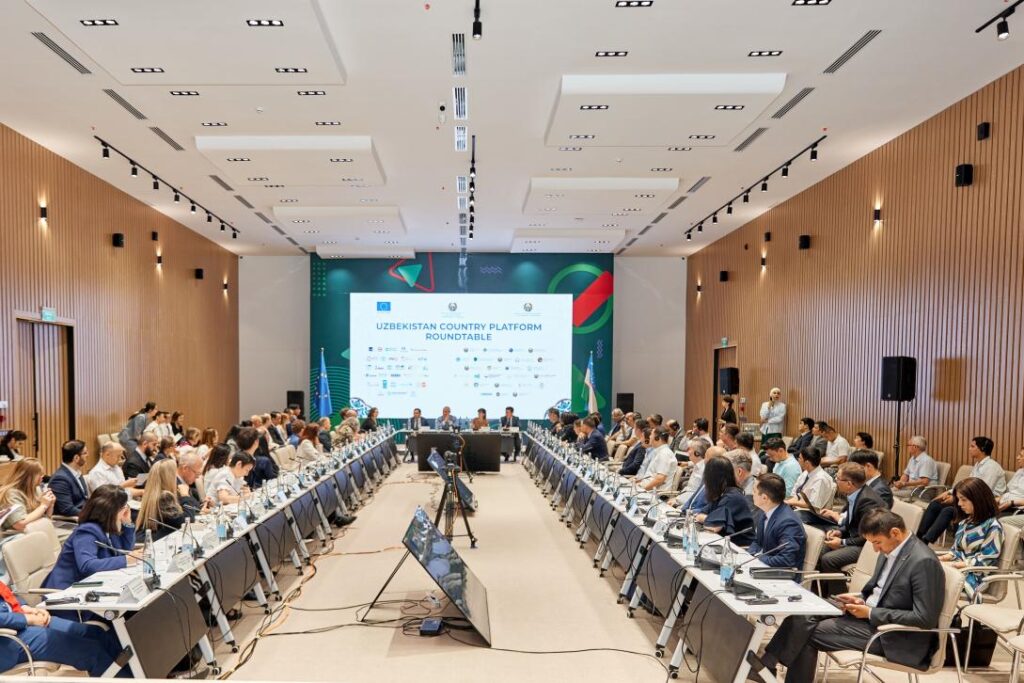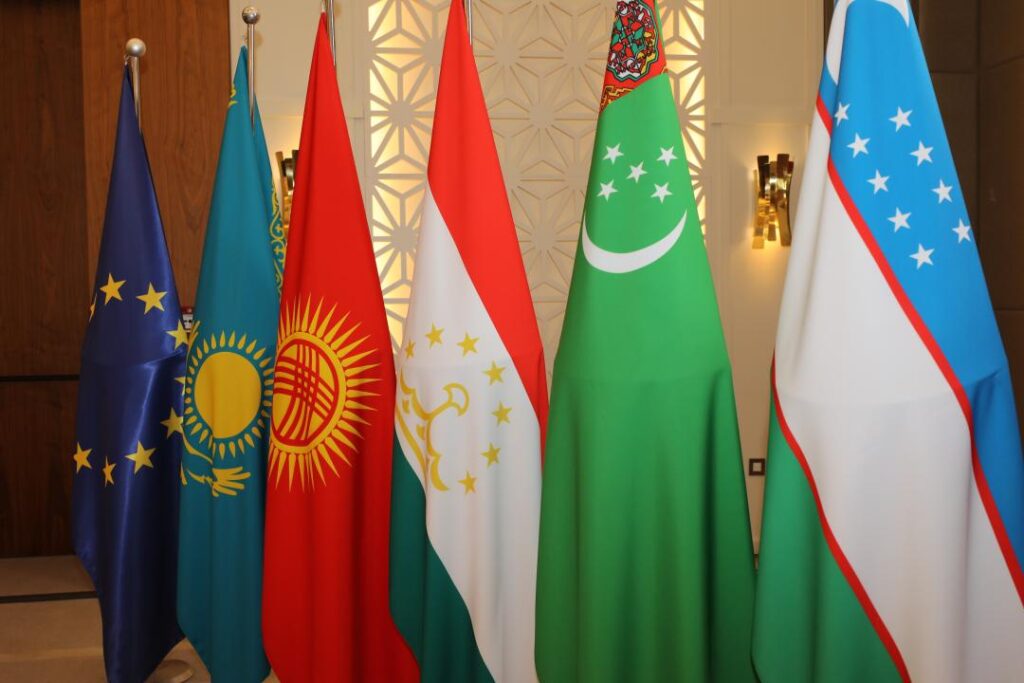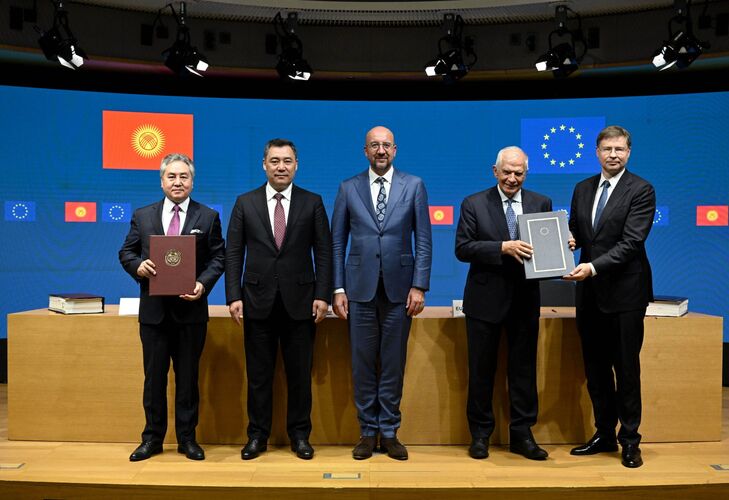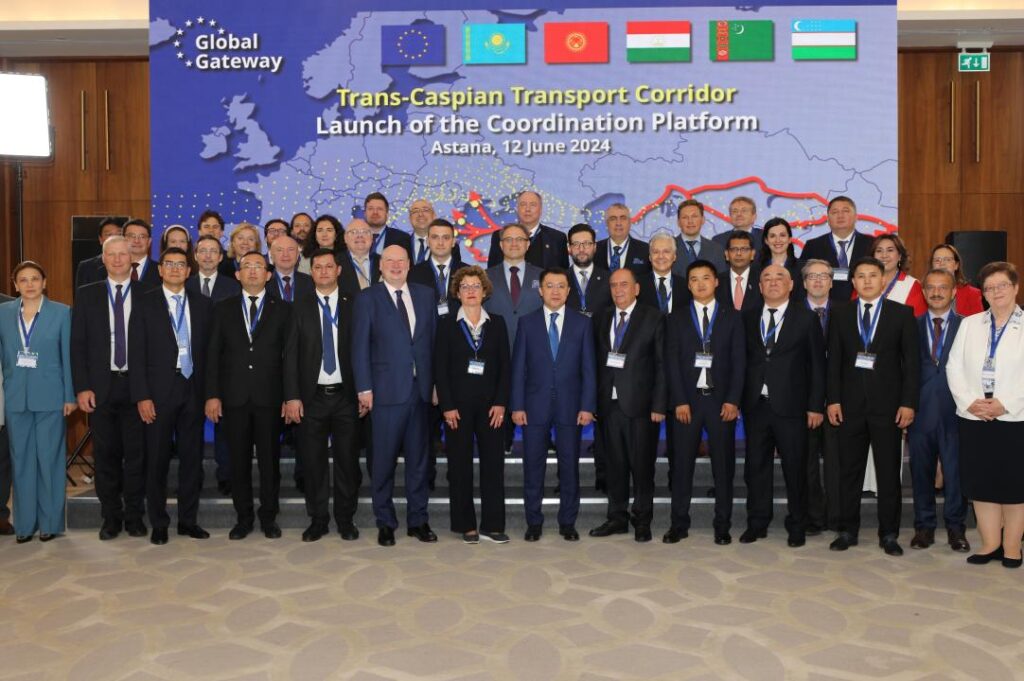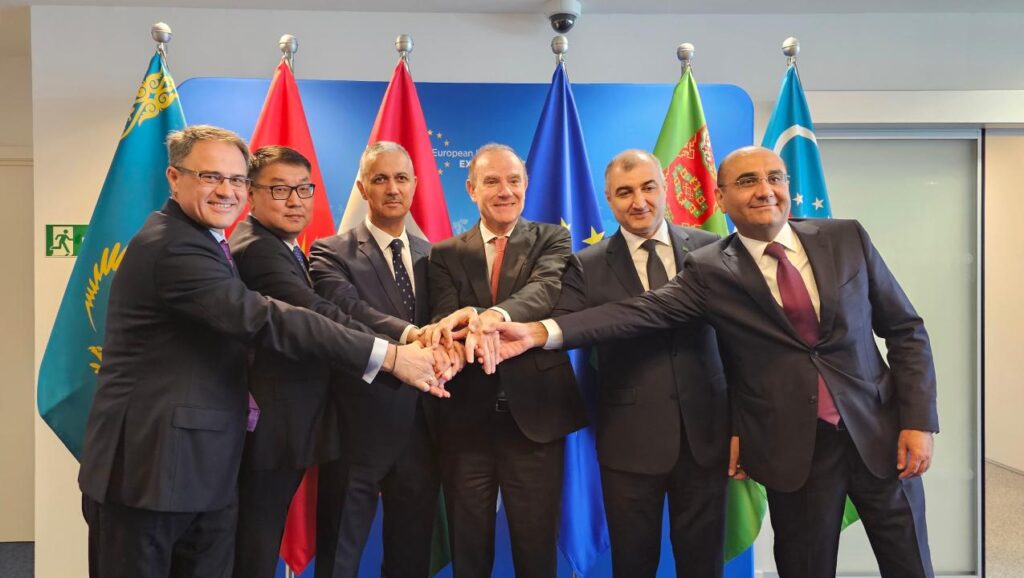Roundtable on Uzbekistan’s Reform Agenda
The 2nd Roundtable of Uzbekistan’s Country Platform was held last week in Tashkent. Backed by the European Union, the event provided a platform for discussions amongst over 80 government partners and international institutions on Uzbekistan’s reform agenda and coordinate support activities. As reported by the Delegation of the European Union to Uzbekistan, the participants agreed to continue collaboration through more than 13 sectoral working groups supporting issues prioritized by the Uzbekistan–2030 Strategy including agriculture, energy security, green growth, and the rule of law. Led by the Agency for Strategic Reforms (ASR) under the President of Uzbekistan and the Ministry of Economy and Finance of Uzbekistan, and with secretarial assistance from the European Union, the Country Platform aims to foster effective coordination. Bakhodir Rakhmatov, Director of the Agency for Strategic Reforms, commented: “Constructive collaboration between development partners and government ensures achievement of the priority reform objectives identified by President Mirziyoyev aimed at creating a more prosperous and sustainable future for all. The ASR plays a pivotal role in coordinating the engagement of ministries and agencies with development partners.” Taking over the support previously provided by the World Bank in May, the European Union committed to assisting the Country Platform until the end of 2025. “The European Union is honored to co-chair and promote the Country Platform as a forum for open dialogue, cooperation and collaboration between Uzbekistan and development partners,” said Charlotte Adriaen, Ambassador of the European Union to Uzbekistan. “The common goal is to support Uzbekistan in its reform path. The Platform is an opportunity to join forces, to effectively move together bringing prosperity, sustainable development, leaving no one behind.”
